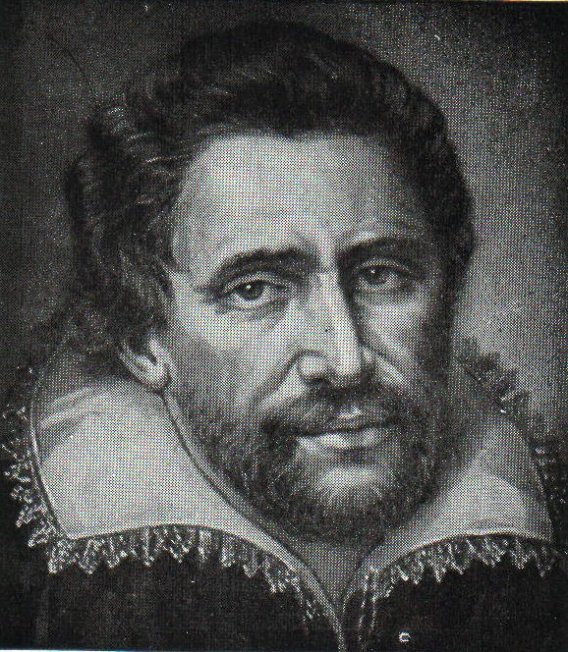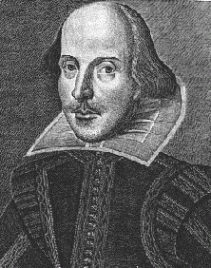United For Shakespeare has formerly discussed the issue of the Bard’s authorship and we have always decided not to make any final assertion. Any coherent academic has never dared to do so and nor are we –students- going to kick over the traces. Now we want to demonstrate that Shakespeare’s authorship’s truthfulness is at least as possible as its machination. Andreu Jaume’s William Shakespeare, Comedias will help us. The very first introduction of this book, offers very prolific historical explanations about why the Bard has always been so questioned.
First of all, it is notable that there are little traces about Shakespeare’s biography but that is no surprise given that biographies themselves were first produced in the XVIIIth century. There are also almost no traces about the Bard’s contemporaries, namely: -the so-called- Christopher Marlowe, Ben Jonson, or Thomas Kyd. About the Elizabethan era one can virtually only find footprints about Queen Elizabeth herself –and many of them will assuredly be fallacies. So it is not licit to doubt about Shakespeare’s authorship based only on the lack of information about his life. The only demonstration one needs to have are his very ouvres.
In addition, it is quite easy to find omissions of information in the fake-authorship’s thesis. The straightforward datum that these academics hide is that there is no possible parallelism to be found between the style of the believed real authors and the Bard’s production.
Moreover, many critics have based on the fact that there is no hint of Shakespeare’s works in his testament. Nevertheless, this is probably due to the fact that at the time –XVIth century- it was usual to mention only the material inheritance in such documents. And, together with that, paradoxically the works tend to belong to private companies more than to the authors themselves.
All in all, James Shapiro has pinpointed that the attempts to discredit the Upon-Avon Bard start only from the XVIIIth century hereinafter. It was James Wilmot who first felt disappointed with the lack of information about William Shakespeare and though, he decided to attribute the whole works to Francis Bacon. From then on, the endeavours to defame William Shakespeare have followed non-stop, gathering huge momentum in the XIXth.
For all of the above reasons, one can find that the question of the Stratford’s Upon-avon’s authorship is a very fertile soil for the critic and also for the support of William Shakespeare.
From a personal view, we find that this is merely because of the morbidity humans find in discrediting the biggest genious history has awarded us with. It may also be watched, though, as pure selfishness. But who on earth would afford to ignore such a vivid accusation?
These verses of Shakespeare’s close friend, Ben Jonson, seem to leave no doubt about the genious’ authorship. They might be useful for a further debate among our readers:
Y más que Lyly diría que brillas,
Más que el audad Kyd, que de Marlowe la poesía.
Y aunque tenías poco latín y menos griego, (…)
Triunfas, Bretaña mía, puedes mostrar a uno a quien las tablas de Europa deben tributo.
References
Printed Sources
– JAUME, Andreu. William Shakespeare. Obra Completa I. Comedias. Barcelona: Debolsillo, un sello de Random House Mondadori, S.A., 2012.
Online Sources
-© Shakespeare Authorship Coalition. Design by Nikita Filin | Code by Foliosus Web Design LLC. James Shapiro’s “Contested Will: Who Wrote Shakespeare?”. Retrieved from http://doubtaboutwill.org/contested_will
Archivado en: Big entries, General Information, Literature Tagged: authorship, Ben Jonson
![]()

